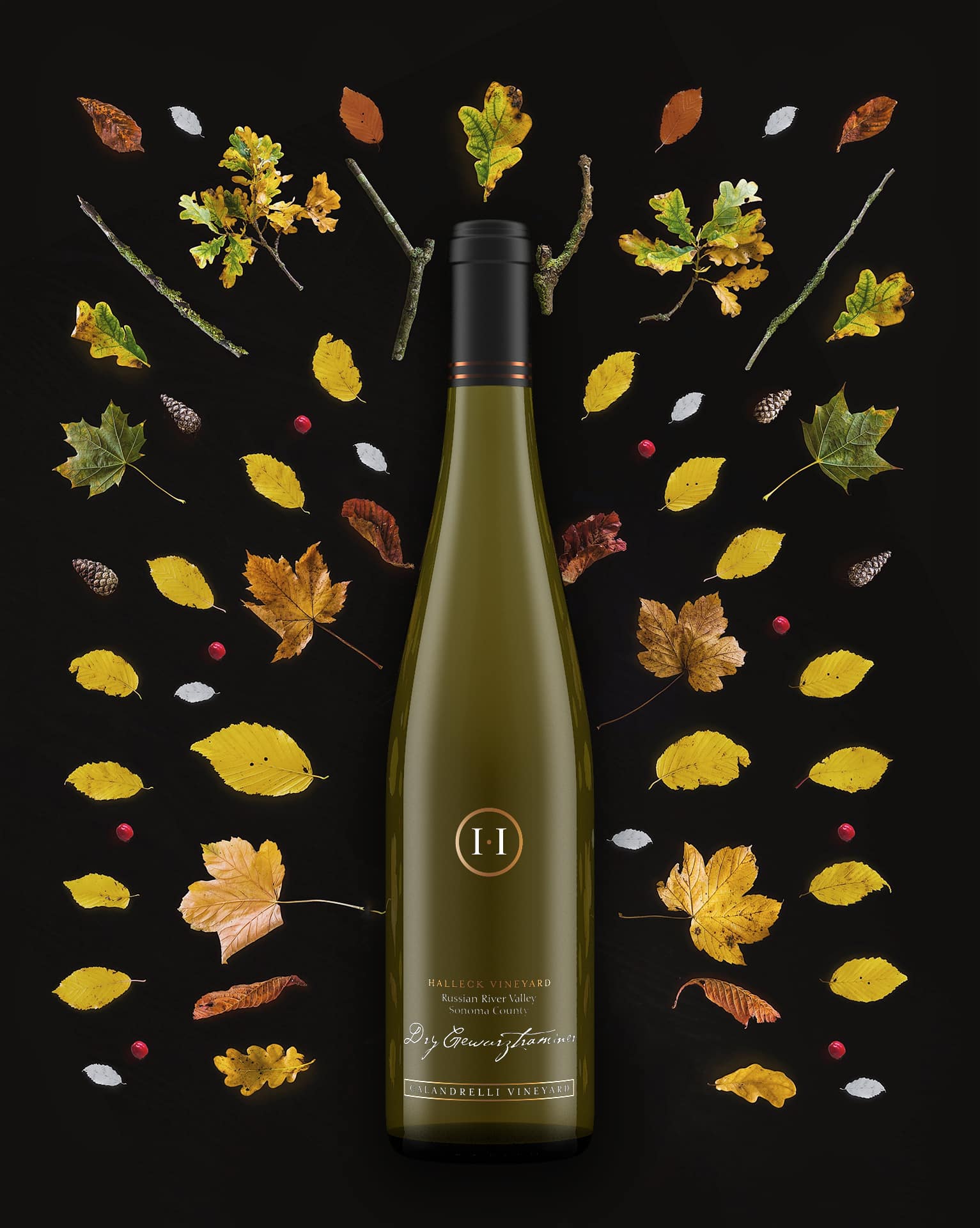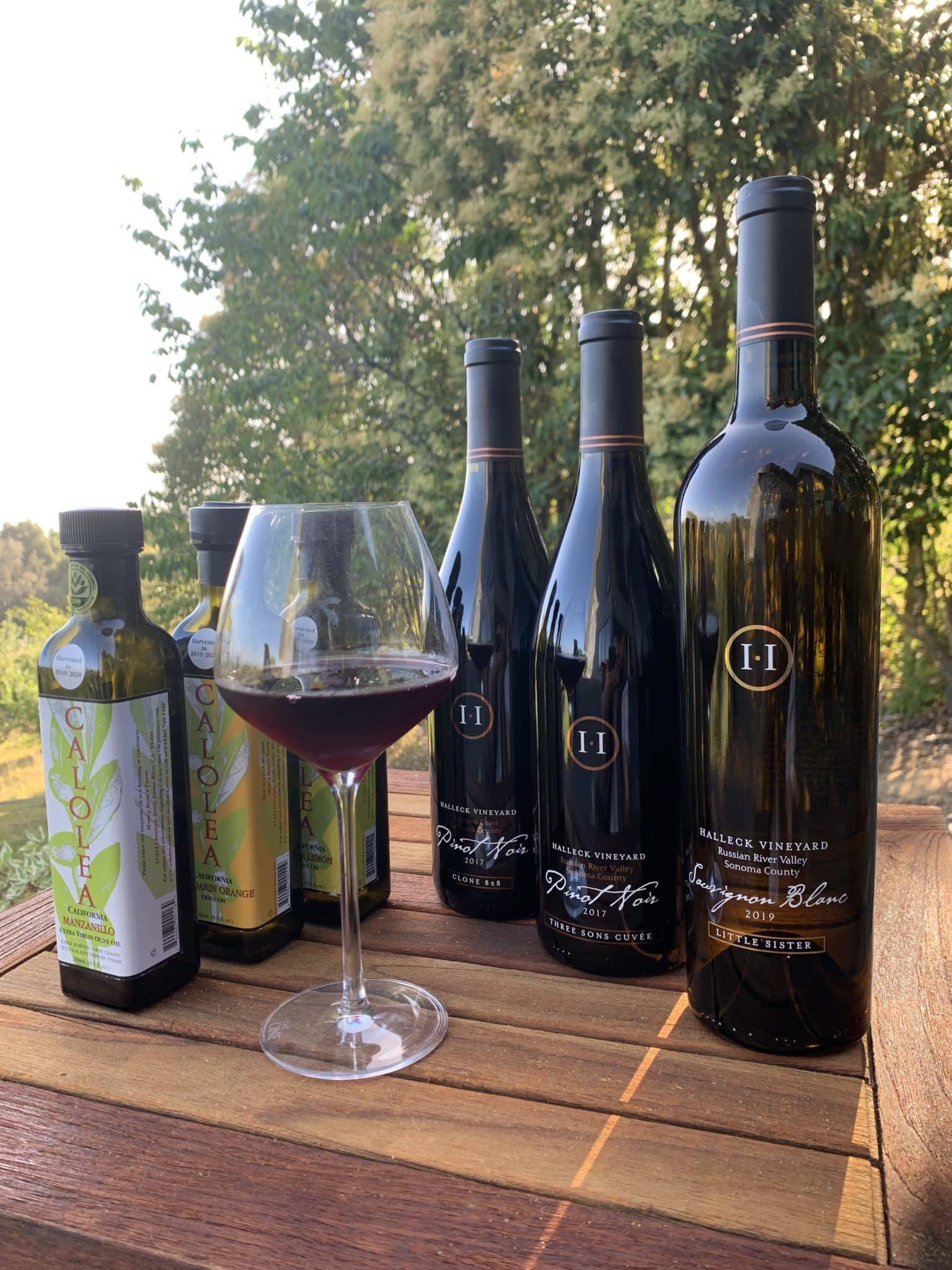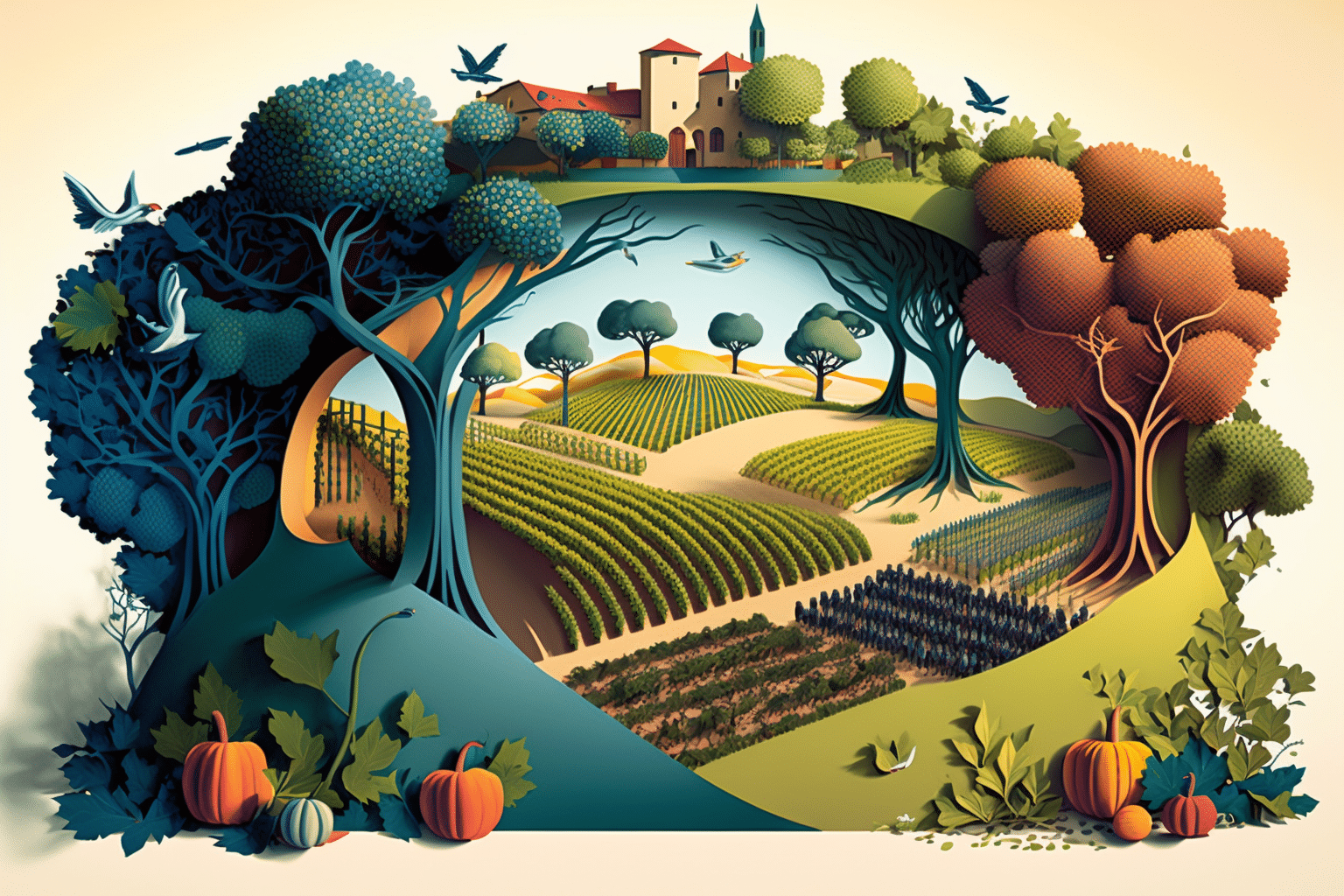Wineries With Unique Gamay Wines - Sebastopol Wine Tours And Vineyards
Wineries With Unique Gamay Wines - Sebastopol Wine Tours And Vineyards
Blog Article
Wineries Hosting Seasonal Events - Sonoma Wine Culture
Wine tasting is commonly considered an art form, one which goes beyond merely enjoying a beverage. It embraces a posh interaction of flavors, aromas, and textures that requires dedicated practice to truly grasp. Many who enterprise into the world of wine tasting shortly notice that it involves much more than just sipping wine. Improving sensory skills through devoted winery wine tasting can elevate the experience, reworking a casual ingesting occasion into a classy exploration of the senses.
At a fundamental degree, wine tasting engages the senses of sight, smell, style, touch, and even sound. Every element performs an important role in appreciating the nuances of a wine. When one first pours a glass of wine, the wealthy hues can provide preliminary insights into its age and varietal. Observing the colour and clarity helps form expectations in regards to the wine's flavor profile. Many don’t fully respect how this visible assessment can set the stage for what is to observe.
The subsequent step is to engage the sense of smell. Swirling the glass aerates the wine, allowing its unstable compounds to flee and fill the air with its bouquet. The nose entails some fascinating layers—different aromas can signal varied features of the winemaking process, together with the type of grapes used, fermentation strategies, and aging circumstances. Growing a eager sense of scent could be a game-changer in wine tasting.
Wineries Offering Off The Beaten Path Experiences - Finding Good Wineries For Wine Tasting
To enhance this sensory skill, wine enthusiasts are often inspired to participate in devoted tastings at wineries. These tastings permit individuals to focus solely on the sensory experience (Elegant Wine Tasting Locations In Sonoma). Tasting periods led by educated sommeliers or winemakers can supply insights into figuring out distinct aromas. Learning to distinguish between floral, fruity, earthy, and spicy notes can empower a taster to articulate their experience with greater precision.
As one practices their sensory skills, they may uncover that their style preferences evolve. This transformation typically occurs after a number of tastings. A wine that originally seemed overwhelming may reveal hidden layers of complexity with a little bit of experience. Understanding how to isolate particular person flavors corresponding to acidity, sweetness, bitterness, and umami contributes substantially to the general wine experience.
One Other essential element in improving sensory skills is the context by which wine is tasted. Environmental factors like temperature, lighting, and even the corporate current can influence perceptions. At a winery, an optimal setting can scale back distractions and allow a more profound exploration of the wine (Wineries Specializing In Sparkling Wines). Training conscious tasting techniques encourages a extra immersive experience, allowing tasters to hone in on their senses.
It is not solely about particular person perception, though. Partaking with others during a tasting also can improve sensory skills. Sharing notes and discussing impressions fosters a deeper understanding of the wine. This collaborative strategy encourages members to articulate their sensory experiences, thereby broadening their linguistic repertoire related to wine tasting.
Wineries Ideal For Romantic Getaways - Finding Good Wineries For Wine Tasting
Additionally, pairing wine with food can significantly improve the tasting experience. Completely Different mixtures can bring out distinctive flavors in each the wine and the dish. As one tastes a wine alongside specific foods, they'll begin to recognize how certain components within the wine complement or contrast with what they are eating. This skill of pairing is another layer that enriches sensory improvement.
Training one’s palate can involve a wide range of workout routines. Some enthusiasts interact in systematic tasting experiences, sampling a variety of wines that showcase totally different varietals, regions, or vintages. Exploring this variety can sharpen the power to discern nuances throughout completely different wine profiles. Over time, this practice builds a psychological library of flavors that can be accessed throughout future tastings.
Notably, written notes serve a twin purpose: organizing one’s ideas and reinforcing reminiscence. By writing down observations about each wine, tasters can track their progress over time. Detailing the characteristics of wines assists in solidifying information, finally deepening one’s appreciation of what they eat.
Furthermore, attending workshops or classes focused on sensory evaluation may also be helpful. Many wineries offer these instructional applications to assist individuals refine their skills. Usually, skilled instructors guide members by way of structured tastings, focusing on particular components of the wine. This degree of schooling reinforces the sensory skills asynchronously and challenges tasters to think about their experiences from completely different angles.
Wineries With Estate-Grown Grapes - Sonoma Wine Culture

Over time, the dedication to improving sensory skills by way of devoted winery wine tasting can yield vital rewards. The enjoyment derived from wine becomes layered and multifaceted. No longer restricted to a easy choice for "red" or "white," tasters begin to appreciate the tales behind every pour. They domesticate a palette able to navigating the complicated landscape of flavors with confidence.
In conclusion, the journey of enhancing sensory skills through dedicated winery wine tasting is as rewarding as it's pleasant. It requires focus, dedication, and a willingness to be taught, but the outcomes far exceed the initial effort. By engaging a quantity of senses and participating in thoughtful discussions, people not solely turn into more proficient at identifying flavors but also develop a deeper appreciation for the craftsmanship behind every bottle. The process transforms wine from a mere beverage right into a rich tapestry of sensory exploration that beckons enthusiasts to delve deeper. As skills improve, so too does the enjoyment, enriching life experiences one sip at a time.
Wineries Focusing On Single Vineyard Wines - The Beauty Of Sebastopol Wineries
- Participating the palate via diverse wine varieties enhances the flexibility to tell apart flavors and aromas, refining general sensory perception.
- Taking Part in guided tastings promotes centered attention on delicate traits of every wine, nurturing critical tasting skills.
- Learning to establish specific grape varieties fosters a deeper understanding of terroir, which aids in recognizing regional flavor profiles.
- Incorporating food pairings throughout tastings can heighten sensory awareness, as totally different tastes can affect one another and alter perceptions.
- Practicing the art of swirling and nosing wines allows individuals to connect olfactory cues with taste, bettering the ability to articulate sensory experiences.
- Attending workshops that emphasize blind tastings trains members to rely purely on their senses quite than preconceived notions, enhancing objectivity.
- Elevating sensory skills can result in higher wine choice skills, empowering individuals to make knowledgeable choices based on personal preferences.
- Engaging with educated sommeliers presents insights into wine-making processes, which deepens sensory appreciation and enhances vocabulary for describing wines.
- Regular participation in tastings encourages memory improvement of flavors and aromas, aiding within the formation of a personalised sensory profile over time.
- Sharing tasting experiences with peers fosters discussion, selling communal studying that may enhance individual sensory skills through collaboration.undefinedWhat is the aim of enhancing sensory skills via wine tasting?

Bettering sensory skills by way of wine tasting permits individuals to enhance their ability to determine and respect the varied aromas, flavors, and textures of wine. This heightened sensory consciousness can lead to a deeper understanding of wine and an total enriched tasting experience.
Wineries With Outdoor Seating - Best Winery Located In Sonoma
How can I develop my sensory skills at a winery?
You can develop your sensory skills at a winery by participating in guided tasting sessions that focus on specific varietals. Interact with educated employees who can present insights and encourage you to take notes on your impressions, enhancing both your observational and descriptive abilities.
What should I count on throughout a dedicated wine tasting experience?
Charming Wineries Offering Wine And Food Pairings - Vineyards Near Sebastopol
During a devoted wine tasting experience, anticipate to pattern a number of wines while receiving focused training about each one. You Will study in regards to the winemaking course of, tasting techniques, and the method to discern completely different sensory traits, all in a relaxed surroundings.

Is prior data of wine necessary to profit from a sensory skills workshop?
- Wineries Focusing On Single Vineyard Wines
No prior information of wine is critical; the workshops are designed for all levels of experience. Newbies will discover valuable info to construct from, while seasoned tasters can refine their skills and increase their palate even additional.
How do sensory skills impact my general wine appreciation?
Wineries With Unique Varietals - Wineries To Visit
Bettering sensory skills considerably enhances your overall wine appreciation by permitting you to determine subtleties and complexities in wines. This deeper understanding enriches your tasting experience and helps you make informed alternatives based mostly on personal preferences.
Are there particular techniques I should use whereas tasting wine to improve my sensory skills?
Wineries Near Santa Rosa - Sonoma Wine Country Wineries To Explore
Sure, employing techniques such because the "SWOT" technique (Sight, Swirl, Smell, Sip, Savor) could be beneficial. look at this now Pay attention to the wine's look, aromatics, and mouthfeel, and take your time with each sip to totally discover the flavors and sensations.
What kind of wines are typically wine tasting Sonoma included in sensory skills tastings?
Sometimes, sensory skills tastings embody quite lots of wines that showcase totally different areas, varietals, and styles. This range helps individuals establish distinct traits and enhances their ability to differentiate between wines.
Can sensory skills workshops be personalized to my tasting interests?
Wineries Near Santa Rosa - Tasting Fine Wines In Sonoma County
Many wineries supply personalized options for sensory skills workshops, permitting you to give attention to particular kinds of wines or themes that curiosity you, corresponding to organic wines or unique regional choices. It Is best to inquire instantly with the winery for tailored experiences.
Is there a way to practice sensory skills after leaving the winery?
Sure, you can practice your sensory skills at home by tasting different wines and maintaining a tasting journal. Experimenting with various food pairings and aromatics can additional improve your understanding of how flavors interact, reinforcing the abilities gained at the winery. Report this page